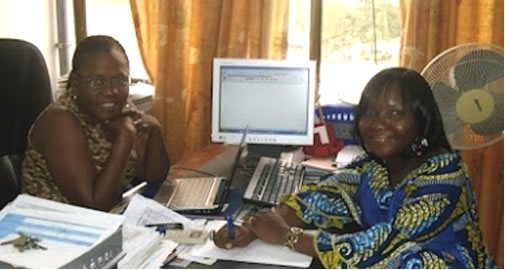UNCTAD's Division on Technology and Logistics has been supporting more than 20 countries in Latin America, Asia and Africa since 2011 as they assess their capacities for complying with a regulatory framework on trade facilitation currently being negotiated at the World Trade Organization (WTO). The process begins with a diagnosis of needs at the national level. Article 1 of the WTO draft consolidated negotiating text on trade facilitation (revision 12) aims at ensuring transparent import and export procedures (including through the Internet) as an obligation for signatory countries.
This commitment to administrative transparency is one that all countries taking part in the eRegulations project subscribe to. eRegulations is an online information system that presents administrative procedures in a clear and detailed way, and always from the user's point of view. It enables the user to get in touch with the relevant authorities in the event of fraud. It also provides access to forms, contact details, information about costs, and the legal justifications for each procedure. Examples of procedures for company creation, payment of taxes and so on can be seen at burkinafaso.eregulations.org.
 Marie-Louise Akati, Head of the International Trade Relations Unit at the Ministry of Trade, and Bénédicta Houetchenou of the Benin eRegulations team, 26 June 2012 |
Most importantly, the eRegulations system is an administrative reform tool for governments. It provides them with a reliable "dashboard" of procedures as they are experienced by the user. Generally, it is not easy for governments to exert extensive control over the way their administrators apply the rules. However, the eRegulations system gives governments a comprehensive view of how their policies are put into practice. This allows them to identify and correct improper applications of the law, inconsistencies and anachronisms.
The eRegulations programme, which is part of the investment compact proposed by UNCTAD's Division on Investment and Enterprise, has been adopted by more than 20 countries around the world. The Government of the Grand Duchy of Luxembourg has financed its implementation in eight countries of the West African Economic and Monetary Union (UEMOA) and in six Central American countries. Benin and Burkina Faso have requested UNCTAD's assistance to help them comply with the WTO agreement. Work has now begun on documenting the nations' cross-border trade procedures. Clear descriptions of these procedures will be available online shortly, as is already the case in such African countries as Comoros, Mali and Rwanda.


